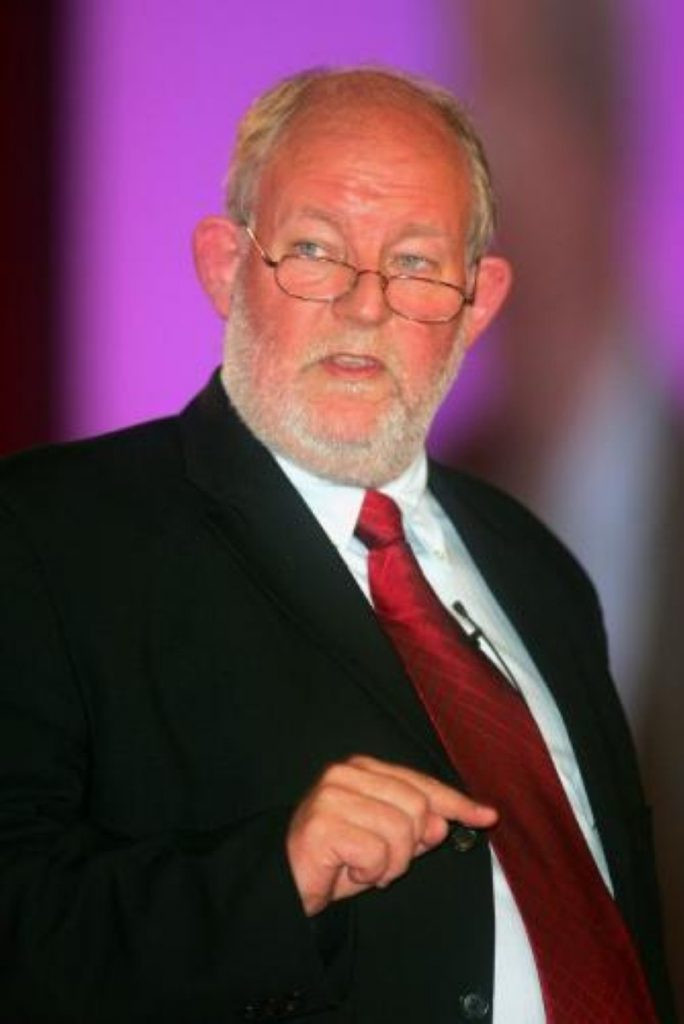ID Cards Bill survives backbench rebellion
The ID Cards Bill passed its second reading on Tuesday night after Home Secretary Charles Clarke outlined concessions to cap the cost of the controversial security measure.
Twenty Labour backbenchers joined Conservative and Lib Dem MPs in voting against the Government, halving Tony Blair’s 67 majority.
In total of 314 MPs voted with the Government against 283 naysayers, leaving Labour with a slim majority of 31.
Mr Clarke won around wavering MPs with promises not to burden the public with the cost of ID cards and more rigorous measures to protect privacy.


Mr Clarke said: “It would be ridiculous to have an expensive card which people were, in some sense, forced to buy. But that is not what we will have.”
Looking to convince MPs worried about possible civil liberty abuses, Mr Clarke said ID cards would act as a “bulwark against the surveillance society, the Big Brother society, and not a further contribution to it”.
“I argue that the identity card has real benefits to the individual and society and the ID card is a means of limiting abuse in our modern information society, rather than a means of adding to it.”
Conservative Shadow Home Secretary David Davis disagreed. He told MPs: “We should not countenance these plans that are illiberal and impractical, excessive and expensive, unnecessary and unworkable.”
Earlier, twenty-one Labour rebels signed a amendment – later withdrawn – to block the bill’s second reading, arguing it made “no significant contribution to the reduction or eradication of terrorism”.
Prominent names among the Labour rebels were Diane Abbott, Jeremy Corbyn, Gwyneth Dunwoody, Kate Hoey, Glenda Jackson and Clare Short.
On Monday, a report by the London School of Econmics (LSE) suggested the introduction of ID cards could cost up to £300 per person, triple Government estimates.
The Prime Minister has said ID cards will only cost about £30 more than a passport containing biometric data.
Prior to yesterday’s debate, the Home Secretary went on the offensive over the LSE report. He told BBC Radio 4’s Today programme: “Personally I think the report does discredit to the LSE,” he said.
“It is a technically incompetent piece of work and what they have done is deliberately leak it in order to influence this public debate.”
But following yesterday’s vote, the Government was facing more criticism from opponents of ID cards for allowing barely three weeks for the House of Commons standing commmittees to scrutinise the bill.
Opponents says this is a wholly impossible time limit for legislation of this magnitude and importance.
Phil Booth, national coordinator of cross-party campaign group NO2ID said: “The Government has comprehensively lost the argument, but steamrollers on regardless, heedless, supported by political zombies in their own party who, in such thrall to their ministers, seem to vote without thinking.
“They have hung around their necks a deadweight that will drag this administration down. The scheme can never work in the face of collapsing public trust, and the outright defiance of the thousands already pledged not to comply.”
After it successfully negotiates the House of Commons, the bill is expected to be given an even rougher ride in the House of Lords.












